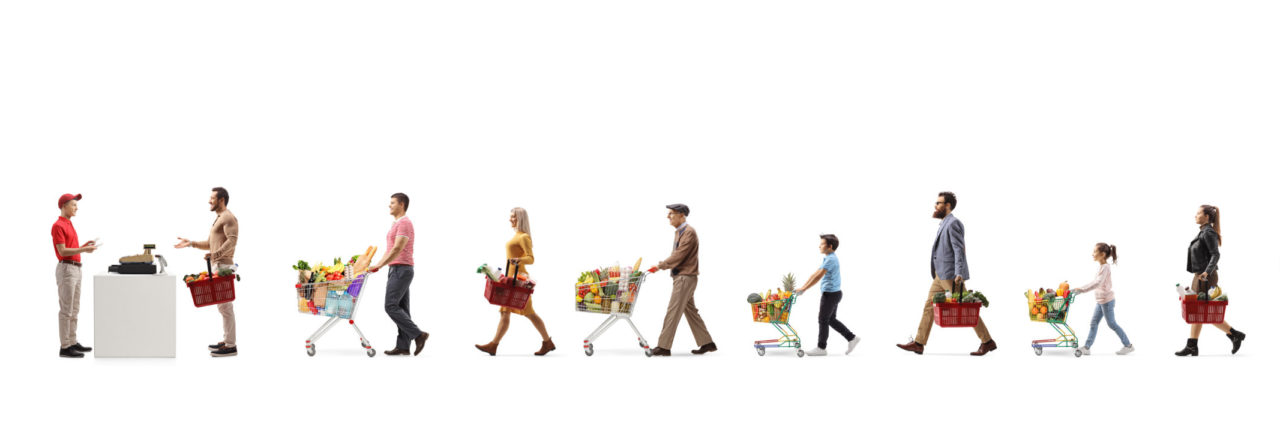
#202: Knowledge is irrelevant when the personality isn’t right.
We can teach an employee many things—products, methods, systems … even language, dress, and manners when necessary. But if they don’t have the right personalities for the jobs we put them in, they simply can’t produce the results we need.
Personality comes from deep within and is not a choice. Neither we nor an employee can change his personality to match a job.
Good salespeople won’t do accurate paperwork—a constant source of irritation to their co-workers in accounting. But put the accounting people on the sales floor and there’ll be little to account for. Technicians will be precise and accurate—and wonder what offends those they converse with. No amount of training, reasoning, rewarding, or threatening can change retail personalities; if it’s not in them, we can’t put it there.
An all-star team is all-star only when the players are in the correct positions.

#203: Customer experiences are the product of people skills.
Good people skills can turn difficult situations into compliments; poor people skills can turn agreeable situations into complaints.
Pleasant experiences are most often the result of making the customer feel welcome and important, even if products and services are less than they should be. Bad experiences, despite what the customer cites as the problem, are usually the result of making him feel slighted and unimportant.
The concept is simple, but its implementation is easy only to those with the correct retail personalities.

#205: Personality tests recognize before hiring what we recognize afterward.
It’s nearly impossible to read a personality in a short conversation, especially a job interview where the applicant tries hard to project an image often much different from himself. Usually it takes us weeks or even months of working closely with someone to see his or her true colors—and by then it’s difficult and expensive to correct mistakes.
Personality tests (or “surveys”) are amazingly accurate indicators of job traits like sociability, patience, assertiveness, sense of urgency, attention-to-detail, and persistence. As a result these tests are surprisingly effective in predicting what jobs a person would be most successful in.

#207: Talents in sales and paperwork are inversely related.
Good salespeople are notoriously poor at paperwork. Highly detailed people are notoriously poor at sales. Trying to combine the two retail personalities is useless and will frustrate everyone.
Top quality salespeople are so rare and valuable, it often makes sense to expect and adapt to their paperwork shortcomings—despite the resentment this often causes in the back offices. In extreme cases it makes sense to have an accounting staffer take over as soon as the customer agrees to a purchase.

#208: Don’t treat them the same when they’re not.
Treating everyone the same is an admirable philosophy based on the equality we all strive for. Only it doesn’t work.
We can speak bluntly and directly to some employees; others require a soft touch, couching even gentle suggestions in affirmations. Some are motivated by our approval, some by teamwork, some by duty, some only by money—and some by nothing we can offer.
We learn how to interact and what responses to expect largely through trial and error. But an understanding of retail personalities can reduce frustrations and improve communications.
Previous: Hiring Employees
Next: Retail Pay
Retail Truths is available in print and Kindle at Amazon.com
